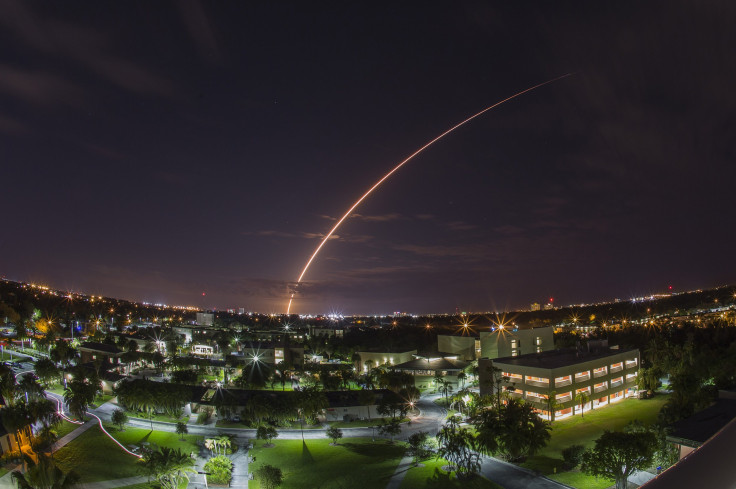Delta IV Heavy Rocket launch Carrying US Spy Satellite Aborted, Yet Again
Meant to take off on Wednesday night, six minutes to midnight, the Delta IV Heavy rocket hit yet another snag, forcing the United Launch Alliance (ULA) to abort the craft’s latest scheduled launch. The decision came very close to the last possible second, with Ars Technica reporting that the launch was called off at T-7 seconds at the Cape Canaveral, Florida, launch site, just before the engines could ignite.
“The terminal countdown sequencer rack identified an unexpected condition prior to the engine start sequence,” the Colorado-based ULA said in a statement about the situation. “The TCSR, which controls the final 10 seconds of the countdown, performed as intended and safely initiated a hold at T-7 seconds. The team is currently reviewing all data and will determine the path forward.”
For now, it is unknown if the sketchy reading came from the rocket itself or the ground systems. Previously, an issue with ground equipment thwarted the initially planned Aug. 29 launch. Further ground issues continued to delay the launch throughout September.
The Delta IV is set to carry an extremely important payload, a classified spy satellite for use by the National Reconnaissance Office (NRO), as part of a mission codenamed NORL-44. As with most operations by the NRO, most other aspects of these missions are shrouded in mystery by design. ULA’s rockets have to this point been used in 28 NRO missions.
It is also unknown when the next launch attempt will be scheduled, but given the fact that the Delta IV’s engines were not ignited, saving fuel, it is possible that the delay could be only a few days.

© Copyright IBTimes 2025. All rights reserved.




















